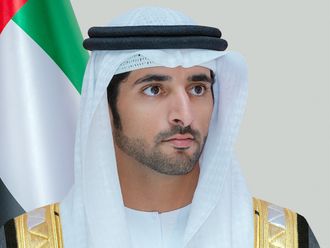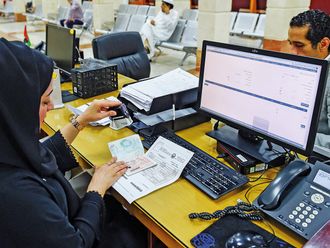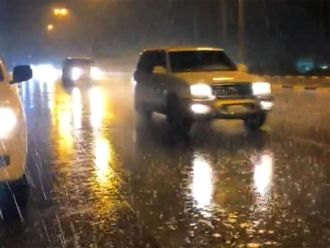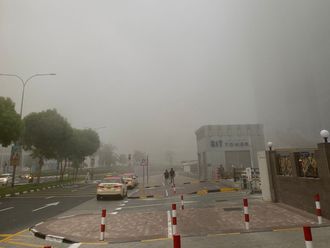Daegu, South Korea: Dr Thani Al Zeyoudi, Director of Energy and Climate Affairs, UAE Ministry of Foreign Affairs, said that the UAE is addressing the nation’s interconnected energy, water and food challenges as a matter of utmost priority.
The remarks were made during a panel discussion during the World Energy Congress (WEC), currently taking place in Daegu, South Korea. Titled ‘Energy-Water-Food-Nexus’, the panel addressed the interrelated issues of water scarcity against rapidly growing energy and food demands across the world.
Throwing the energy sector’s resilience against changing water availability, together with how the sector aligns its value chains with the eco-system, the discussion highlighted the need for policy framework to complement innovation in finding sustainable solutions.
The UAE faces unique challenges with regard to water scarcity due to a shortage of reliable surface and fresh water sources and less than 100mm of rain water per year. In addition, a population increase of 300 per cent in the last 15 years and the prospect of energy demands doubling by 2030 due to a fast-growing economy are placing additional pressure on energy and natural resources.
Speaking about the UAE’s policy approach, Dr Al Zeyoudi said: “The UAE attaches great importance to the issue of energy-water-food nexus, which is reflected in our collaboration with the 67th President of the UN General Assembly in hosting a high-level thematic debate on energy and water nexus in May of this year.”
Solutions
“We are addressing the challenges of nexus management in many ways, namely by increasing energy and water efficiency and productivity, diversifying our resources, and adopting appropriate policy and regulatory frameworks. Our new desalination plants, for example, are built to the highest efficiency standards. In fact, we recently launched the region’s first renewable desalination pilot project, aimed at dramatically reducing the amount of power we consume to produce potable water.” he said.
“A coherent and strategic policy framework is important in addressing different elements of the nexus and we already have a range of existing strategies and initiatives at both federal and local levels. However, national level coordination on the nexus as a whole could be strengthened through vertical and horizontal governmental cooperation,” he said.
Speaking in greater depth on the UAE’s work to ensure food security and reduce intensive farming practices through education, Dr Al Zeyoudi said: “We are working on informing farmers about alternatives to using energy-and water-intensive irrigation systems and crops, and encouraging use of treated water for irrigation.”
Highlighting the importance of dialogue on the issue, and the critical need for policy makers to be fully engaged in addressing the nexus challenges, Dr Al Zeyoudi said: “The nexus concept needs to be integrated into energy conversation, especially at the level of policy makers. Abu Dhabi Sustainability Week is in January each year and comprises more than 30,000 policy makers, investors and relevant stakeholders from both the energy and water field, offering an ideal platform to further discuss the interconnectedness of energy, water and food.”












